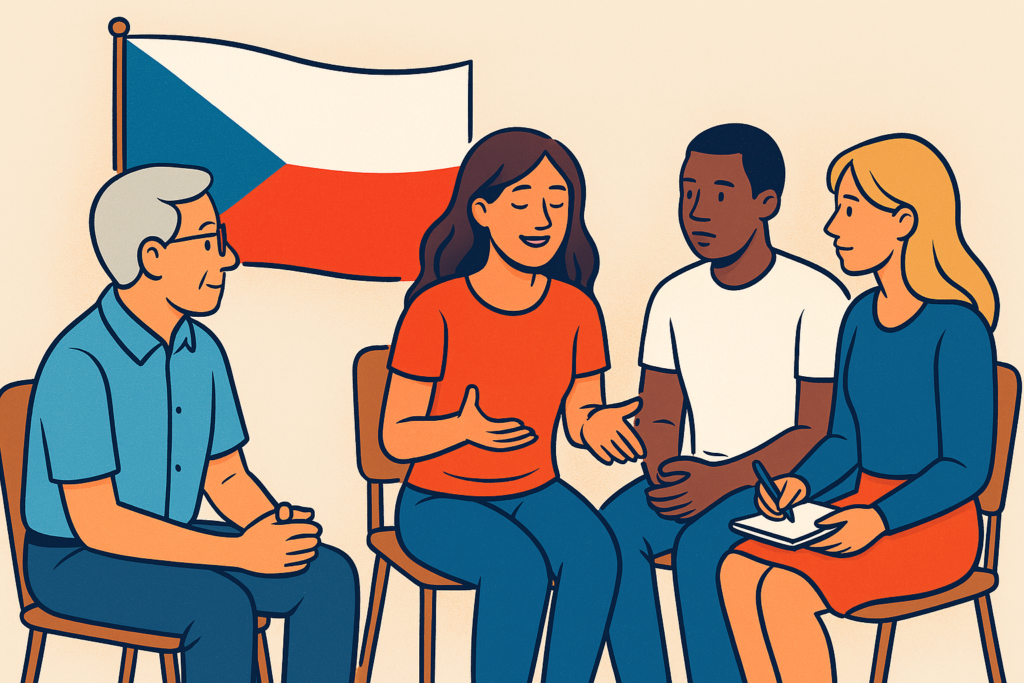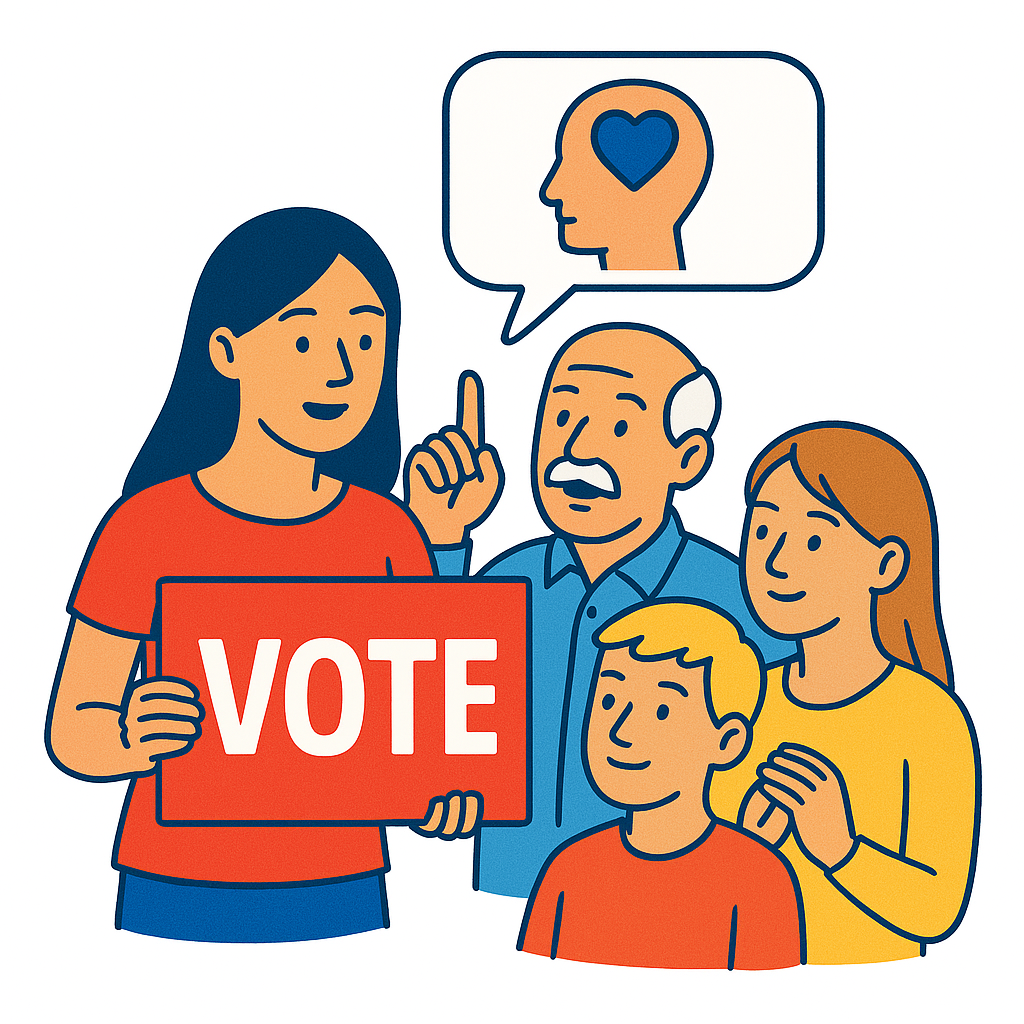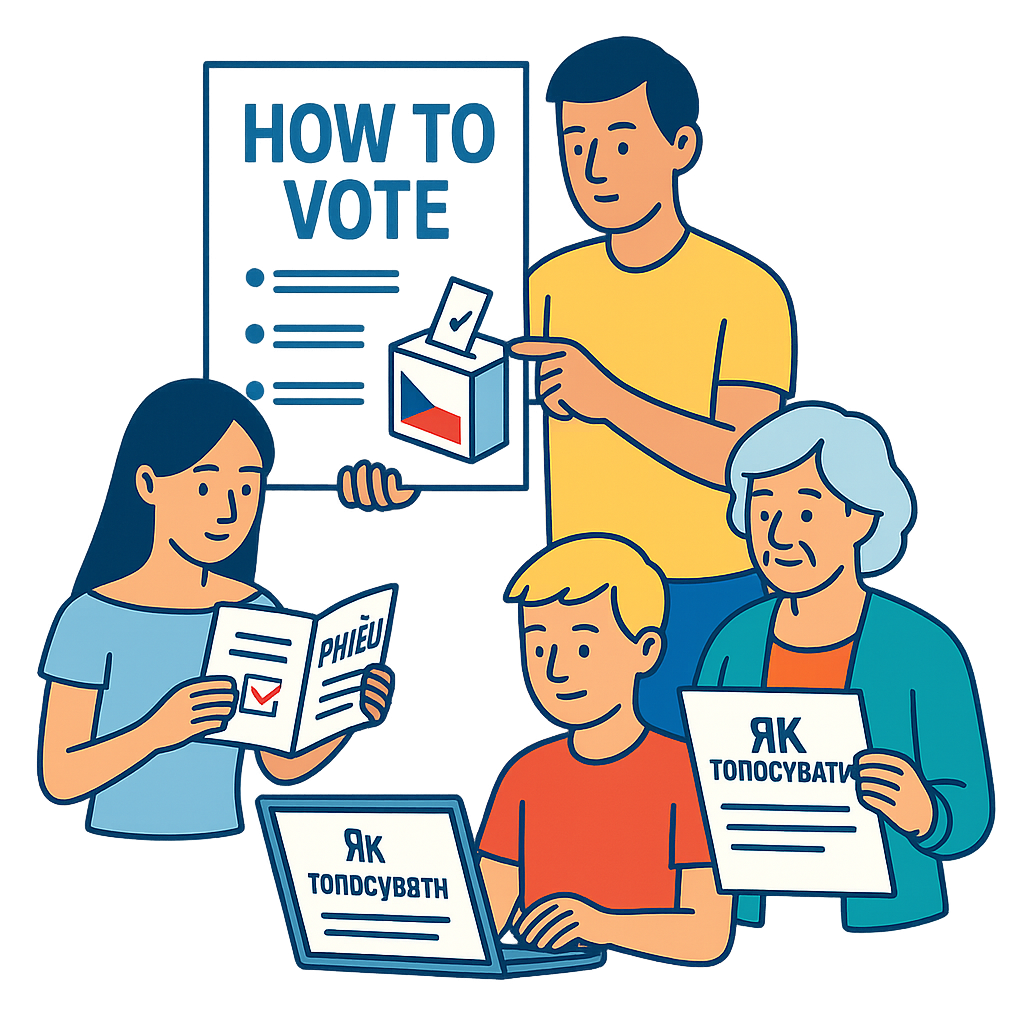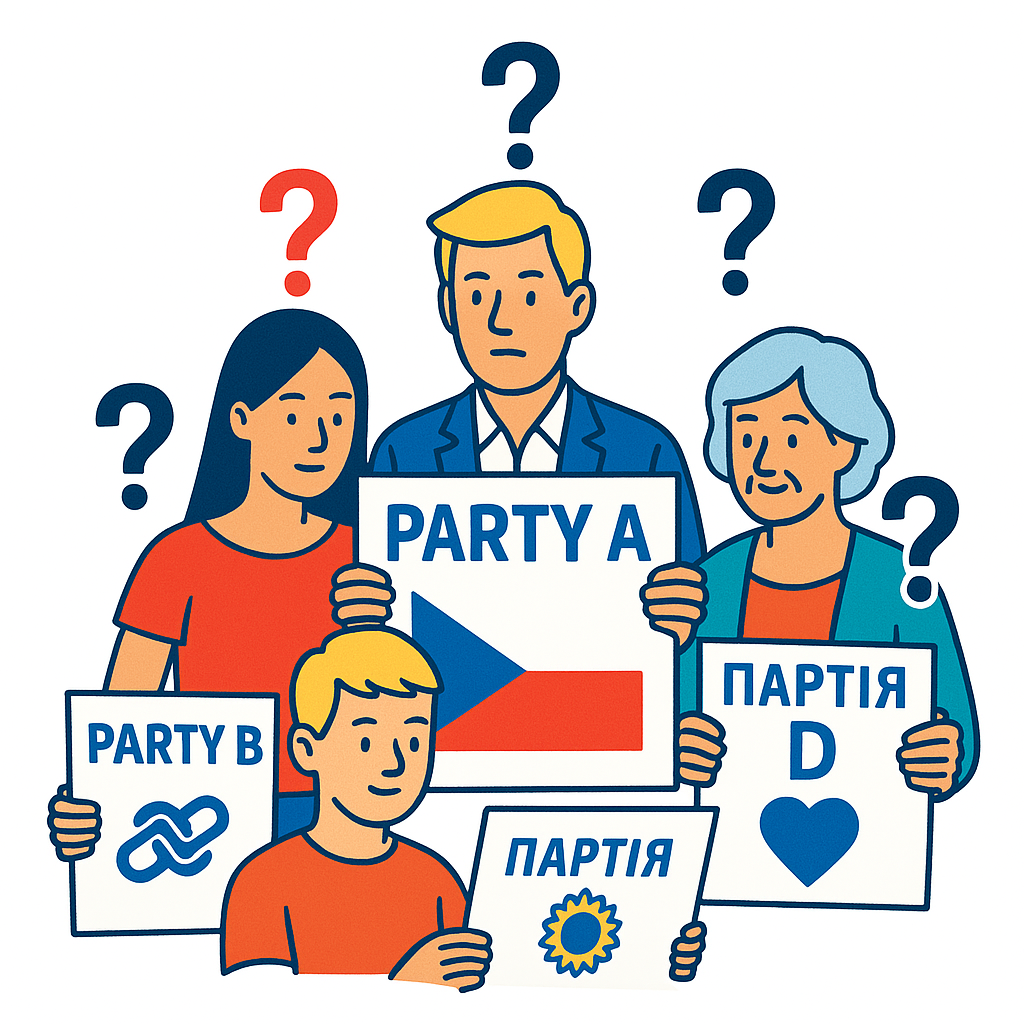How to talk politics with friends

Stay cool and calm
Political discussions can make people very emotional very quickly. If you lose your cool, it won’t help your cause. It will probably just turn a friendly discussion into an angry argument. Instead, simply listen to the other person’s viewpoint. Try to find empathy for them, even if you find their viewpoint offensive. If empathizing with the person is difficult, one suggestion from behavioral science research is to imagine your interlocutor as a young child, in other words, as innocent and well-meaning. Remember to “assume positive intent” — your interlocutor is a decent human being too, even if you disagree.
Find common ground
A good rule is ABC, “Agree before challenging.” So emphasize where you agree. Identify the priorities you share. Use inclusive language, namely “we” and “our.” There is almost always more than unites us than divides us.


Tell your story
Facts typically have less power to change someone’s mind than a story does. Yes, use the arguments and data we offer on this website. But just tell your story, and why voting matters to you, and in particular, how your friend’s vote might impact your life in Czechia. (Appeal to emotion.) People might try to refute facts, but they probably won’t try to refute your experiences. If you give facts, try to present them as agreeing with the person’s existing viewpoint (this is motivated reasoning, wanting the new information to be compatible with their pre-existing values/beliefs, otherwise they’re more likely to reject it).
Ask some guiding questions
Give the person space for introspection. Don’t attack them. Ask them about their own experiences and why they think what they think. You don’t even have to make any declarative statements — just ask questions, then follow-up questions. Get people to reflect on their beliefs/opinions/attitudes. Don’t be judgmental. “Active listening”: reaffirm where possible what the person says. Acknowledge feelings.

Q&A
If everyone who thought that stayed home, we’d never see any change. Close races happen all the time. Don’t let other people decide your future–make your voice heard!
They are definitely not! Some want to undermine the rule of law and cozy up to Russia; others want to invest in a sustainable future for Czechia and protect democracy. Your vote helps decide who gets the power.
Change usually happens slowly. Nothing’s going to get better if you just give up. Voting is a way of moving things forward, rather than staying stuck.
If the system is rigged, that’s exactly why you should vote! If you don’t, then the people rigging it win by default. Voting is your chance to make them listen to you!
Oh really? Who controls your taxes? Who’s responsible for the quality of public transportation, roads, and health care? Who decides the rules about housing, whether you buy or rent? Ignoring politics doesn’t make it go away–it just means you let other people make your choices for you.
We are here to help! Use our voting calculator to find a party that aligns with your interest. And check out our information sheets (?) to understand how voting works. It’s not that complicated, we promise! All you need is 15 minutes…
That’s true. But people in Czechia and around the world have fought and died to win the right to vote. Not voting isn’t protest. It’s surrender. People in power don’t see your silence as a threat–they see it as permission.
